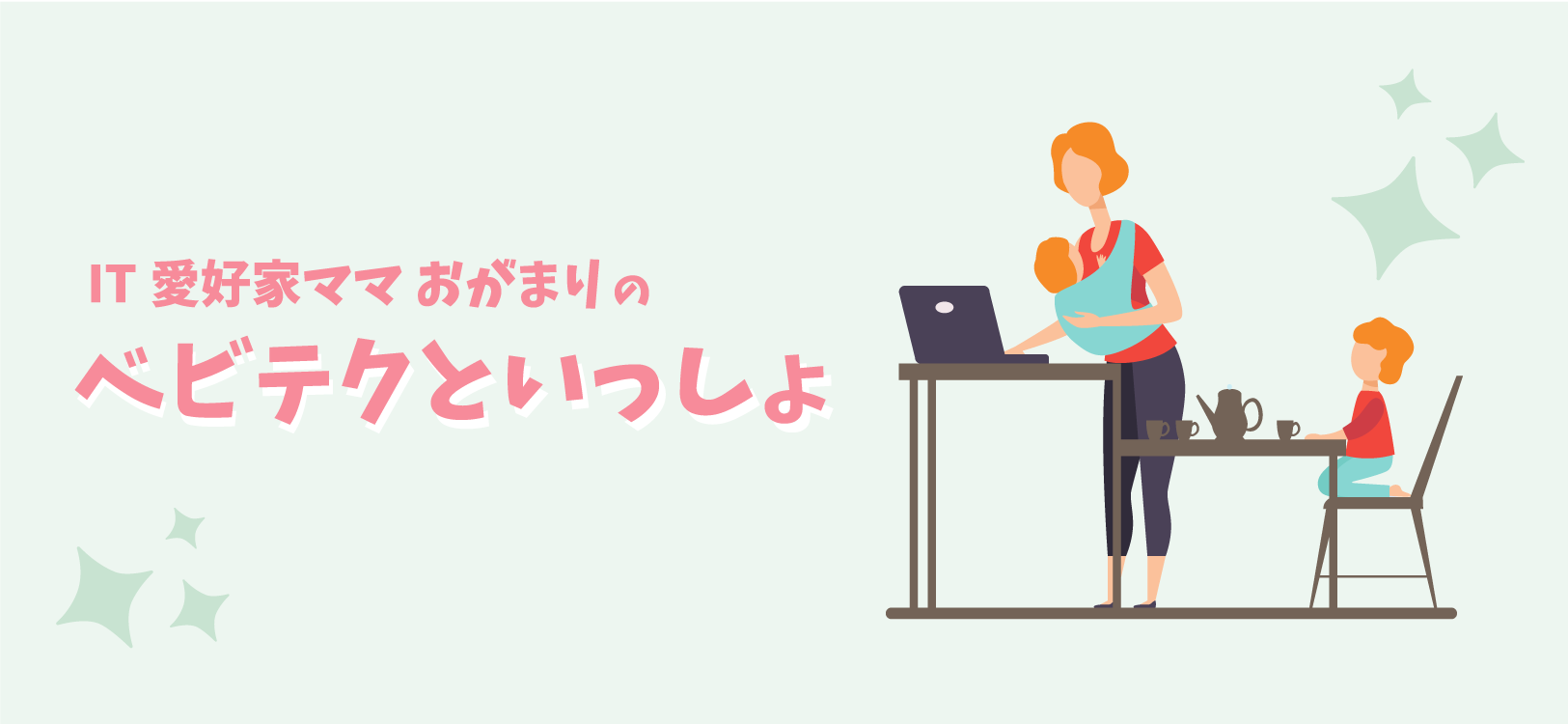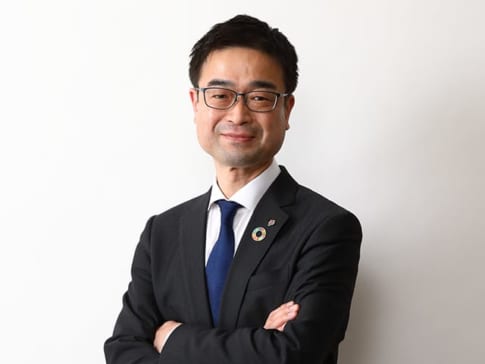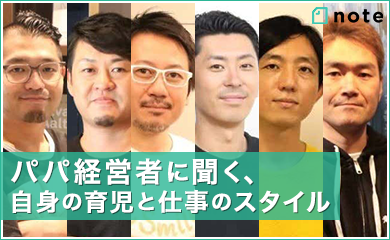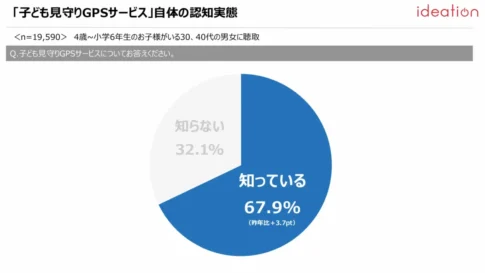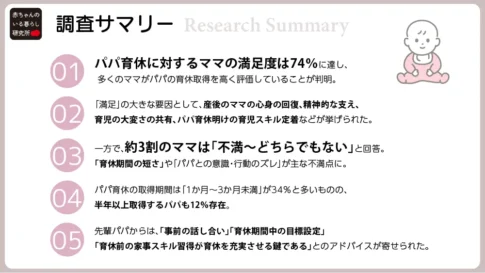Although "watch-and-wait" services are beginning to be undertaken by local governments, Japan Post seems to have decided to effectively withdraw from the program.
Initially, an operating subsidiary was to be established when the project was launched, and Kunio Tanigaki, vice president of Japan Post, was to be appointed president. The plan was to distribute approximately 5 million tablet terminals to the elderly for their use, but this was postponed due to the cost of installing them and the manpower required to teach them how to use them.
With the declining birthrate and aging population, former President Taizo Nishimuro had indicated that Mimamori Service would be a new pillar of business for the company. However, the company could not see the prospect of returning to profitability according to the original plan, and decided to liquidate the negative legacy of former President Nishimuro and turn the corner to solid management.
IoT innovation is needed in the business of watching over people.
It is not a profitable business in any way, so if we are really going to do this, the government must put a lot of effort into this project. In a very unpleasant way, we should be aware of the danger that we are likely to end up looking like a drag on people who want to work, and we are likely to end up in a vicious cycle that will further reduce the strength of the nation.
In addition, it would take a lot of time and effort to patrol and watch over them via manpower. We could start by having them wear a batch on their chest as an IoT device for the elderly, for example, to visualize the range of their movement and manage their physical condition.
I don't want to see all the taxpayers' money being wasted, but I hope that various attempts will be made to develop "non-human monitoring" using advanced technology, because this is a major problem that we cannot afford to ignore.




